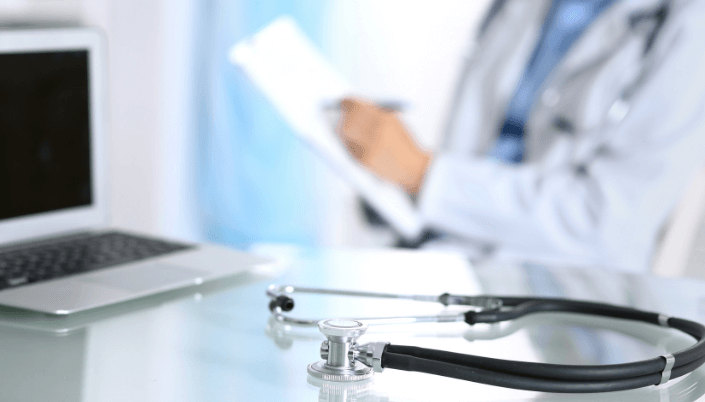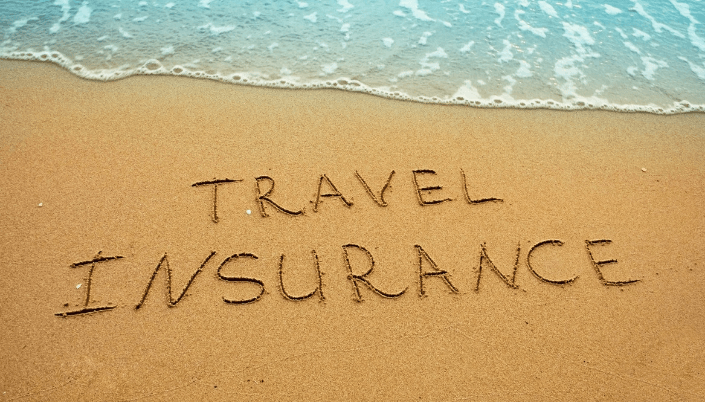

What to Do If You Need a Doctor or Hospital While on a Trip?
18 Jun 2019 by Olga Brighton
We know it’s the last thing on your mind when thinking of your holidays, but there’s no harm in being prepared is there? We know that it’s easy enough to use our phones or tablets to search the nearest medical facility wherever you are. We also hope you won’t need these tips, but if you do need medical emergency abroad, these steps and preparation may help:

- Our top recommendation is to buy travel insurance as soon as you book your trip. Not only will this pay for unforeseen emergency medical expenses, but any decent travel insurance policy will have a 24 Hour Medical Assistance Service to call if you have a medical emergency abroad. So if you have a medical problem, or need hospitalisation, get in contact with them asap. Their contact details should be on your шnsurance. Once they are involved, they co-ordinate medical assistance and sort out any costs directly with the medical providers – so you don’t have to shell out first. This can be a life saver, as it means you get the medical support you need without worrying about costs or language barriers. Emergency Assistance сompanies usually have medical teams on hand and multi-lingual staff to help with any medical emergency that could arise.
- EHIC - If you live in the EU and are travelling within the EU, you can get reduced-cost or free state-provided medical care with a European Health Insurance Card (EHIC) - at least until BREXIT for Brits! This can be very useful, as long as you know where to find the nearest state facility. Sometimes they aren’t so easy to access in tourist areas and you may find yourself having to use a private facility nearby.
- Be prepared: Always carry your travel insurance, EHIC Card, details of any medication you are taking, as well as any other pertinent health information (like allergies to penicillin etc.,).
- Minor ailments: you may be able to get help for minor health issues at a pharmacy. Many can give quick, informed advice and dispense medication for irritating holiday issues like infected mosquito bites, upset tummy or sun burn.
- Package holidays: if you are in a hotel or resort they should be able to provide details of a local doctor or hospital (usually private). They may even have on-site help available. Be careful that you check that any on-site medical personnel are properly medically qualified.
- History is important: remember, a doctor abroad will not have your full medical history – so always communicate any medical conditions and medication you are taking.
- Always keep receipts for any medical treatment, or medication. You will need them if you want to make a travel insurance claim when you come home.
- Second opinion: you can also call your GP at home for their opinion if you are being prescribed medication abroad, or treatment you are unsure of any aspect of medical treatment or medication that you are unsure of.
- Emergencies: if you have a medical emergency abroad and you are travelling in Europe, you can call the single EU emergency number 112 for free and get straight through to the emergency services – police, ambulance, fire brigade. 112 works in Switzerland and South Africa too. North America uses 911, but if you are travelling outside of Europe its best to check.

No one is saying it’s compulsory, but not buying travel insurance could be the most expensive mistake you ever make as costs for treatment and repatriation can often run into thousands. You will also have the added support of the Emergency Medical Assistance Service to pay costs upfront, make arrangements, and help with repatriation if that becomes necessary. It’s a small price to pay for 24 hr peace of mind while away. Always check FCO’s travel advice to help you stay safe abroad.
Read also: 3 Essential Facts About Vaccinations And Travel Insurance
We accept

.png)